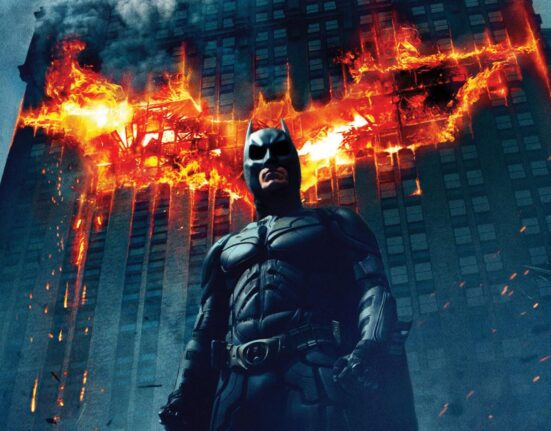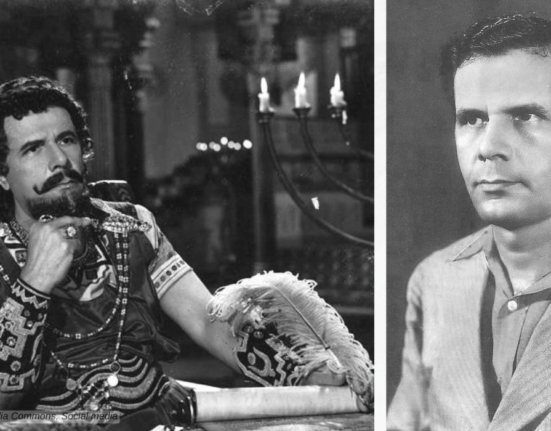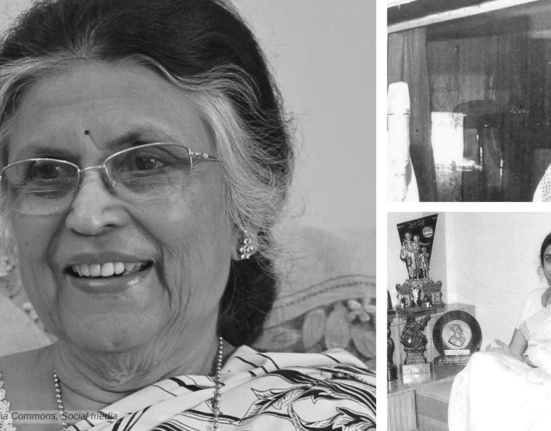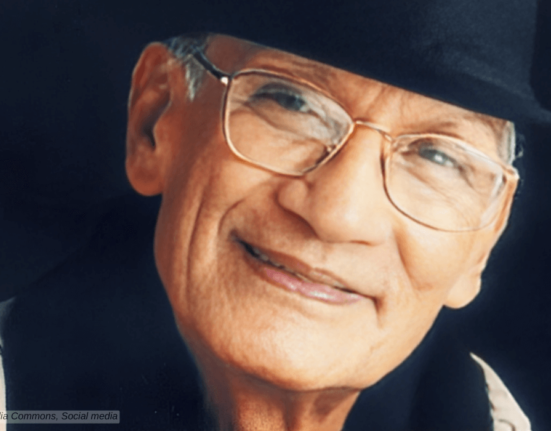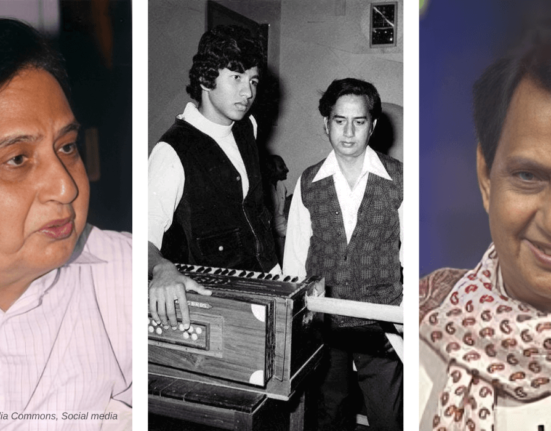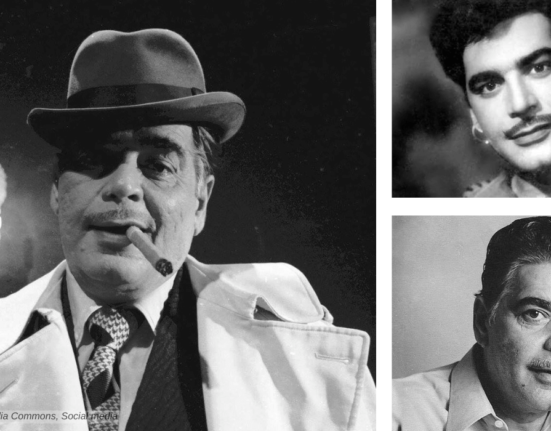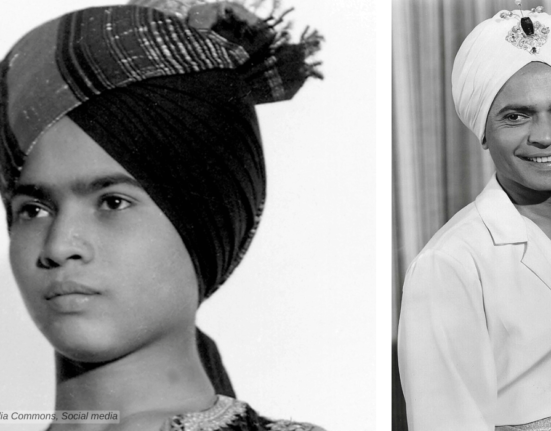Known as the first superstar of Indian cinema, Rajesh Khanna was an iconic actor, film producer, and politician who enjoyed immense popularity and a massive fan following.
Rajesh Khanna was born Jatin Khanna on December 29, 1942, in Amritsar, Punjab, to Lala Hiranand Khanna and Chandrani Khanna, but was adopted and raised by Chunnilal and Leelawati Khanna, who were their close relatives. He attended K.C. College in Mumbai and initially pursued a career in acting against his father’s wishes.
In 1965, United Producers and Filmfare organized the All India Talent Contest, which was won by Rajesh Khanna and Farida Jalal. The contest was judged by prominent filmmakers such as BR Chopra, Bimal Roy, GP Sippy, HS Rawail, Nasir Husain, J. Om Prakash, Mohan Saigal, Shakti Samanta, Chetan Anand, and Subodh Mukherji, etc.
when an unknown printer took a galley of type and scrambled it to make a type area specimen book It has survived not only five centuries.but also the leap introduce electronic typesetting, remaining essentially unchanged.
Willum Skeener
Khanna made his debut with Chetan Anand’s “Aakhri Khat” opposite Indrani Mukherjee in 1966. He then starred in Ravinder Dave’s “Raaz (1967),” S. S. Vasan and S. S. Balan’s Aurat (1967),” Nasir Hussain’s “Baharon Ke Sapne (1967),” and Asit Sen’s “Khamoshi (1969).”
In 1969 came “Aradhana,” which was a turning point in Rajesh Khanna’s career. His portrayal of an Air Force pilot and his double role as the pilot’s son won him immense popularity. The film’s songs, especially “Mere Sapno Ki Rani,” became evergreen hits. Khanna’s magnetic screen presence, ability to connect with the audience, and unique style, including his signature nod and smile, became iconic. The same year, he starred in “Ittefaq,” a suspense thriller directed by Yash Chopra, which saw Khanna in a non-musical role as an accused murderer. The film was unique for its time and showcased his ability to handle intense characters.

From 1969 to 1971, Rajesh Khanna delivered 15 consecutive solo hit films, a record that remains unbroken. Some of his most memorable movies include “Bandhan,” “Doli,” “Kati Patang,” “Amar Prem,” “The Train,” “Sachaa Jhutha,” “Safar,” “Aan Milo Sajna,” “Kati Patang,” “Mehboob Ki Mehndi,” “Anand,” “Andaz,” “Maryada,” and “Haathi Mere Saathi.” His charming screen presence and emotive performances earned him the title of “Kaka” among his fans.
In “Anand (1971),” Rajesh Khanna played a terminally ill patient who spreads joy and positivity despite his condition. His performance, along with that of Amitabh Bachchan, is considered one of the finest in Indian cinema. The film’s dialogue, Khanna’s intense portrayal, and iconic songs like “Kahin Door Jab,” “Maine Tere Liye,” and “Zindagi Kaisi Hai Paheli” are still cherished by film lovers.
One of his other significant roles was in “Amar Prem,” which showcased Rajesh Khanna’s versatility as an actor. His role as a lonely businessman who finds solace in booz and a courtesan’s company was both poignant and powerful. The film’s songs, like “Chingari Koi Bhadke,” “Kuchh Toh Log Kahenge,” and “Yeh Kya Hua,” are still loved.
In Hrishikesh Mukherjee’s “Bawarchi,” Khanna played a multi-talented cook who brings harmony to a dysfunctional family. His charming and humorous performance made the film a classic family entertainer. Hrishikesh Mukherjee again cast him in “Namak Haraam,” alongside Amitabh Bachchan, in a film that dealt with themes of friendship and class struggle, and Khanna’s performance as a loyal friend was highly praised.
Rajesh Khanna had a massive female fan base, with women often lining up outside his house to catch a glimpse of him. Some fans went to extreme lengths, such as writing letters in blood and even marrying his photographs. His white Fiat car would often be covered in lipstick marks from adoring fans.
His popularity was so immense that his house, Aashirwad, became a tourist spot in Mumbai. Fans would gather outside just to see him wave from his balcony. The hysteria he induced was unlike anything seen before in Indian cinema.
Some of his other notable films in the 1970s include “Mehboob Ki Mehndi (1971),” “Chhoti Bahu (1971),” “Dushman (1972),” “Joroo Ka Ghulam (1972),” “Mere Jeevan Saathi (1972),” “Anuraag (1972),” “Raja Rani (1973),” “Daag: A Poem of Love (1973),” “Aap Ki Kasam (1974),” “Ajanabee (1974),” “Roti (1974),” “Prem Kahani (1975),” “Mehbooba (1976),” Aaina (1977),” “Chhailla Babu (1977),” “Aashiq Hoon Baharon Ka (1977),” “Anurodh (1977),” Naukri (1978),” Janata Havaldar (1979),” “Red Rose,” “Thodisi Bewafaii,” and many more.
In Basu Bhattacharya’s “Avishkaar (1974),” Khanna played a married man reflecting on his relationship. The movie was a realistic portrayal of marital issues and showcased his acting depth. Widely considered one of Khanna’s best performances, it earned him the Filmfare Best Actor Award.


From the mid-1970s 1970s, Khanna’s magic at boxoffice started to fade, Although he continued to do good work and his films were also successful, the midas touch was gone. He was also involved in many personal and professional controversies, which included his many relationships and unprofessional behaviour. All these and the emergence of angry youngman Amitabh Bachchan adversely effected his career.
Despite all this, he starred in many successful films throughout the 1980s, like Kudrat (1981), a reincarnation drama directed by Chetan Anand; “Red Rose (1980),” A psychological thriller, where Khanna played a dark role as a man with a sinister side; Aanchal (1980), Dard (1981), Rajput(1982), Dil-E-Nadaan (1982), Dharam Kanta (1982), Nishaan (1983), Avtaar (1983), Souten (1983), Agar Tum Na Hote (1983), Maqsad (1984), Masterji (1985), Bewafai (1985), Aakhir Kyon?(1985), Alag Alag (1985), Amrit (1986), Nazrana (1987), Awam (1987), Vijay (1988), Ghar Ka Chiraag (1989), Swarg(1990), and Aa Ab Laut Chalen (1990).
In his later film we saw the Khanna in which was almost unrecognisable as an actor. I still remember watching his film “Pyaar Zindagi Hai,” and almost cried at the absurdity of it. Khanna was reduced to a caricature of himself. there was not even a glimpse of old self. The film remains on of the worst movie of my life.
On the personal front, Khanna was in a long relationship with Anju Mahendru, but differences arose between them after unprecedented success of Khanna, which resulted in many other problems. In 1973, Rajesh Khanna married actress a 17 year old Dimple Kapadia, and they had two daughters, Twinkle and Rinke Khanna. The couple separated in 1982, but never divorced. Despite Khanna’s many other relationships, they remain close until his death.
Rajesh Khanna continued to act in films and television until his health declined. He passed away on July 18, 2012, after battling cancer. He was posthumously awarded the Padma Bhushan in 2013.




